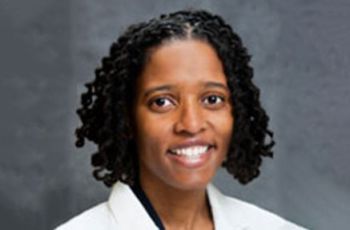Faculty in the Media
Eric Hoffman, Ph.D., professor of integrative systems biology, was quoted in an article in PolicyMic about the life altering effects of government cuts to medical research.
Sarah Rebstock, M.D., assistant professor of anesthesiology and critical care medicine, was interviewed by The New York Times about using video games to treat pain disorders at Children's National. She was also interviewed by The Washington Post, WTOP-FM, and Parenting magazine.
Jerrold Post, M.D., clinical professor of psychiatry and behavioral sciences, and Catherine May, M.D., associate clinical professor of psychiatry and behavioral sciences, wrote an op-ed published in Psychiatric News, calling for psychiatrists to offer their opinions in public forums to better…
Sahira Long, M.D., assistant clinical professor of pediatrics, spoke to The Nation's Health about an upward trend in D.C. women exclusively breastfeeding their babies.
Cathleen Clancy, M.D., associate professor of emergency medicine, was interviewed by WUSA9 on the lethal affects of the poison, ricin. Letters sent to President Barack Obama and Senator Roger Wicker of Mississippi have initially tested positive for ricin.
Lawrence Singer, D.M.D., assistant clinical professor of surgery, spoke with The Washingtonian about new, cutting-edge technology, called SoundBite, that can restore hearing using two small devices: one in the ear and one in the upper, back teeth.
Katherine Chretien, M.D., associate professor of medicine, and Terry Kind, M.D., M.P.H., associate professor of pediatrics, were interviewed by CNN Newsource about their comprehensive review on the challenges and opportunities of using social media in a clinical care setting.
Babak Sarani, M.D., associate professor of surgery, was interviewed by The Associated Press about the war-like injuries sustained by the Boston bombing victims.
Richard Neville, M.D., F.A.C.S., professor of surgery and chief of the division of vascular surgery, spoke with The Washington Post about traumatic leg injury and limb amputation prevention in reference to injuries sustained in the Boston Marathon bombings.
Lamia Soghier, M.D., assistant professor of pediatrics, was interviewed by U.S. News & World Report about the push for better prenatal care.







